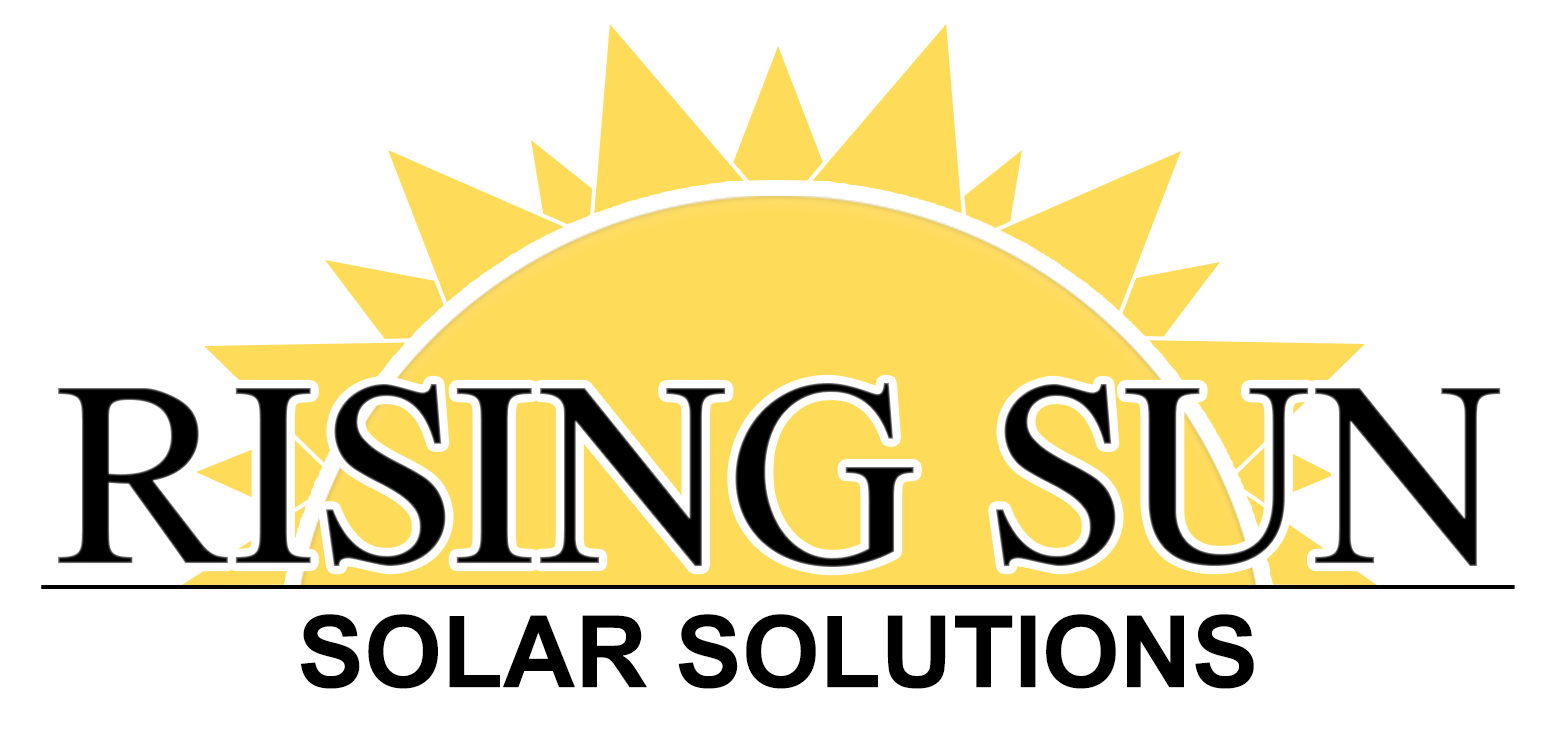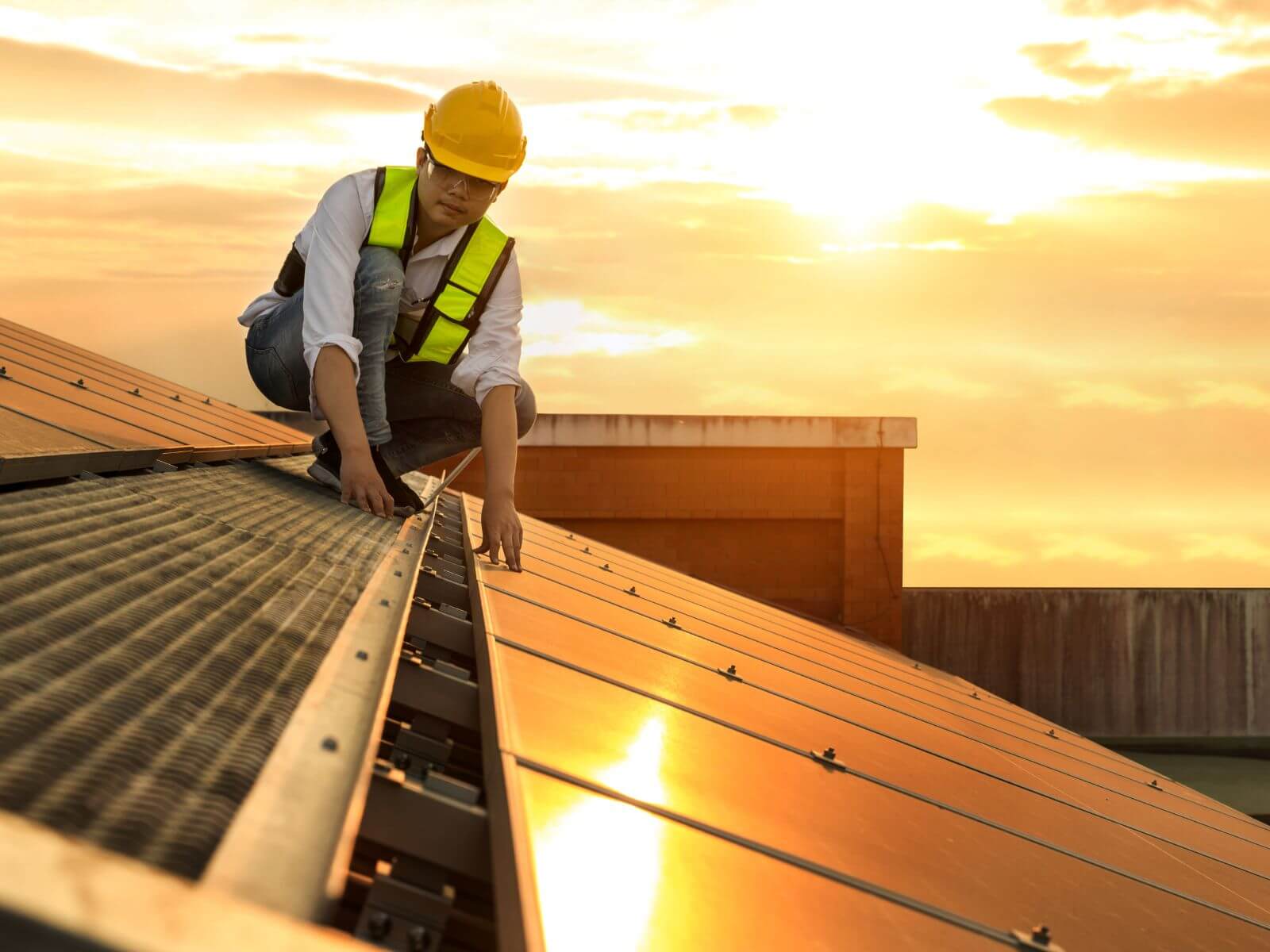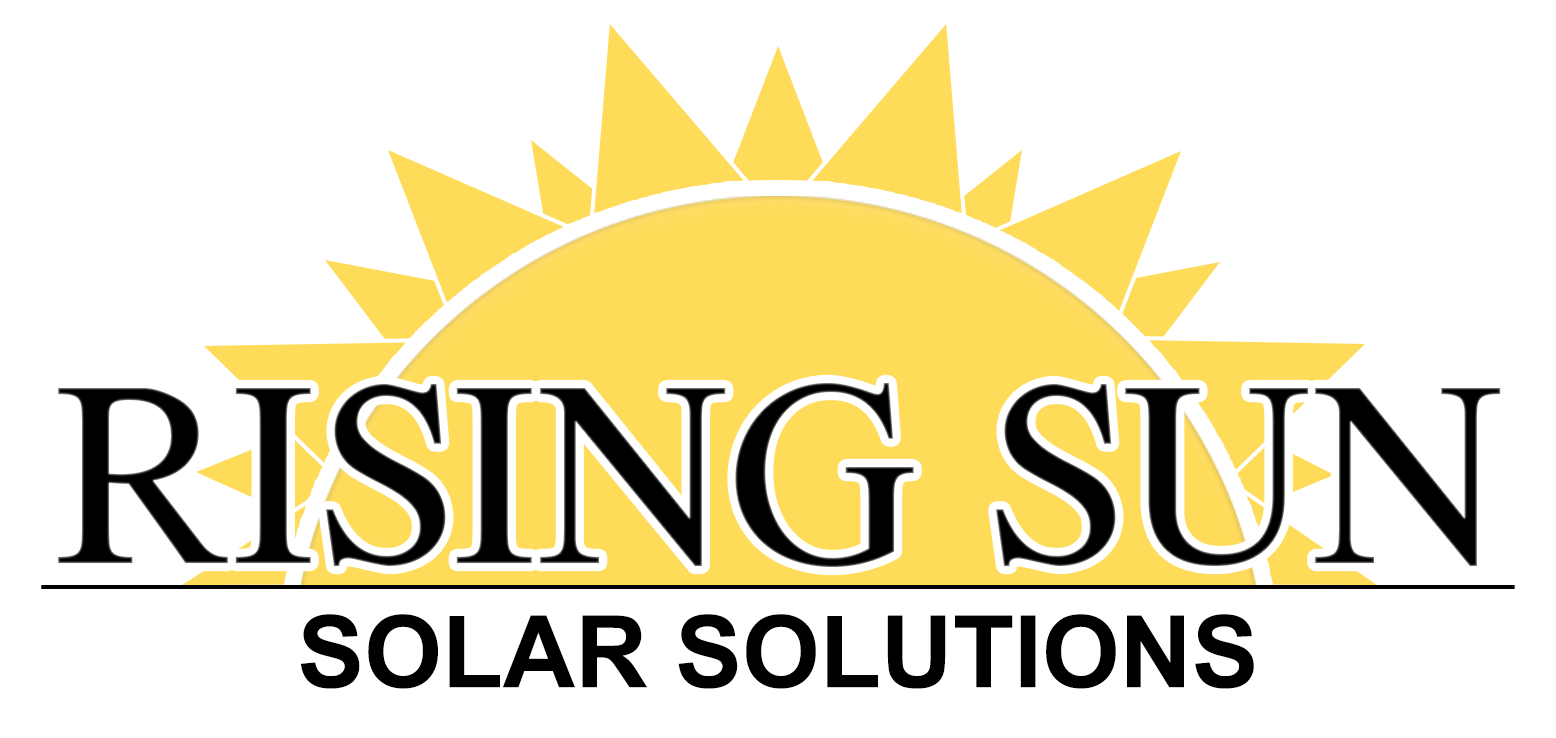Are you considering going solar, but can’t decide between buying vs leasing solar panels? Making the right choice is crucial, as it can impact your financial savings and long-term benefits.
Leasing looks good on paper for many homeowners and businesses but, unfortunately, they learn the hard way that leased solar panels just aren’t up to par with ownership.
Be sure you make an informed decision by exploring the benefits of buying compared to leasing solar panels below.
Quick Overview: Buying vs Leasing Solar Panels
When you buy solar panels, you become the owner of the system, giving you full control and the ability to maximize the financial benefits. With ownership, you can take advantage of federal tax credits, state incentives, and net metering programs. Additionally, you may qualify for solar renewable energy certificates (SRECs), adding extra value to your investment.
On the other hand, leasing solar panels offers a more affordable upfront cost, making it an attractive option for many people. With a lease, you pay a monthly fee to use the solar panels, often with little to no upfront expenses. This arrangement allows you to save on your electricity bill without the hassle of maintenance or repair costs.
Ultimately, the choice between buying and leasing solar panels depends on your specific goals, financial situation, and long-term plans. However, you should also know that if you are looking for an affordable option and can’t pay in full for your solar panels, there are other choices like solar incentive programs for low-income households and solar loan options.
Buying Solar Panels: Ownership and Long-Term Investment
Purchasing solar panels outright offers a sense of ownership and control over your energy production. Here are the key benefits of buying solar panels:
- Long-Term Savings: While the upfront costs of purchasing solar panels may be higher, the long-term savings can be significant. By owning your solar energy system, you can potentially eliminate or drastically reduce your monthly electricity bills, saving thousands of dollars over the lifespan of the system.
- Return on Investment (ROI): Buying solar panels is an investment in your property and financial future. With solar energy becoming increasingly affordable and accessible, homeowners can expect a solid return on investment as energy savings accumulate over time. In many cases, homeowners can recoup their initial investment on average in 7 years or less and enjoy free or greatly reduced electricity bills for decades to come.
- Increased Property Value: Solar panels add value to your home and make it more attractive to potential buyers. Studies have shown that homes equipped with solar panels sell faster and at a higher price than comparable non-solar homes. The added resale value can offset the initial cost of the solar installation and provide a lucrative return on investment.
- Tax Incentives and Energy Surplus: Purchasing solar panels may qualify you for various tax incentives, rebates, and financial incentives offered by federal, state, and local governments. These incentives can help offset the upfront costs of solar installation and improve the overall financial viability of owning a solar energy system. In addition, you can sell your excess energy back to the grid using net-metering or earn SRECs to further lower your utility bills.
- Freedom and Control: When you own your solar panels, you have the freedom to customize and expand your system as needed. You can choose the type of panels, inverters, and other components like battery backups that best suit your energy needs and preferences. Plus, you’re not bound by restrictive leasing agreements or third-party ownership arrangements.
- Warranty and Guarantees: Solar installation companies offer warranties on installation and on the solar panels themselves. They also may have guarantees to help you with general maintenance costs and solar panel repair.
Leasing Solar Panels: Lower Upfront Costs and Hassle-Free Maintenance
Leasing solar panels offers a low-cost entry point into solar energy without the financial commitment of ownership. Here are the key benefits of leasing solar panels:
- Low Upfront Costs: One of the primary advantages of leasing solar panels is the minimal upfront costs. Instead of paying for the entire solar system upfront, you can lease the equipment from a solar provider for a fixed monthly fee. This makes solar energy more accessible to homeowners with limited financial resources or those unwilling to make a significant upfront investment.
- Maintenance and Repairs: With a solar lease, the solar provider typically assumes responsibility for system maintenance, repairs, and monitoring. If your solar panels require servicing or repairs, the leasing company will handle the necessary repairs at no additional cost to you. This can provide peace of mind and alleviate the burden of maintenance tasks associated with solar ownership.
- Immediate Energy Savings: By leasing solar panels, you can start saving on your electricity bills from day one. While the savings may not be as significant as owning a solar energy system outright, leasing allows you to benefit from clean, renewable energy without the financial commitment of ownership.
- Flexibility and Convenience: Solar leases offer flexibility and convenience for homeowners who may not want to be tied down by long-term ownership commitments. At the end of the lease term, you may have the option to renew the lease, purchase the solar panels at a discounted price, or have the equipment removed.
- Performance Guarantees: Many solar leases include performance guarantees that ensure the system meets certain energy production expectations. If the system fails to meet performance targets, the leasing company may compensate you for the shortfall or take corrective action to improve system performance. However, read the fine print to see the limitations of these guarantees.
Making the Right Choice: Factors to Consider
Choosing between buying and leasing solar panels depends on various factors, including your financial situation, energy goals, and long-term plans. Here are some key considerations to help you make the right choice:
- Financial Considerations: Consider your budget, available financing options, and the long-term cost implications of buying vs leasing solar panels. While buying may offer greater long-term savings, leasing provides immediate cost savings and minimal upfront investment, however, these factor are volatile.
- Ownership and Control: Decide whether you prefer to own your solar panels outright or lease them from a third-party provider. Ownership offers greater control over your energy production and potential financial benefits, while leasing provides convenience and hassle-free maintenance but with little choice over the design of your system.
- Tax Incentives and Rebates: Explore available tax incentives, rebates, and financial incentives for both buying and leasing solar panels. Homes and businesses with leased solar panels don’t qualify for tax credits or other federal/state programs.
- Long-Term Goals: Consider your long-term energy goals and plans for your property. If you plan to stay in your home for the foreseeable future, buying solar panels may be a worthwhile investment. If you plan to sell your home with leased solar panels, then you would need to wait until the term ends, buyout of the contract, or transfer the lease to the new home owner.
- Terms and Conditions: Review the terms and conditions of solar lease agreements carefully, including lease duration, payment terms, escalator clauses (which can increase your payments without considering the cost of energy, potentially reducing your savings), and buyout options. Understand the rights and responsibilities associated with both buying and leasing solar panels before making a decision.
Embracing Energy Freedom
Choosing between buying or leasing solar panels comes down to one essential requirement: Are you gaining energy freedom?
When leasing a solar unit, you may find that your answer is questionable. You don’t own the solar panels or the energy they produce, and you have no control over how the energy is used. Instead, you are just substituting one utility for another and giving someone else authority over your property (your roof).
By buying solar panels, you have the energy independence to design your solar system layout, sell excess power, and adjust its output to however you see fit. This is true freedom.
At Rising Sun Solar Solutions, we only offer solar ownership because we believe that energy freedom should be the goal of installing solar panels. Contact us today to see how we can make solar power ownership a possibility for you.


